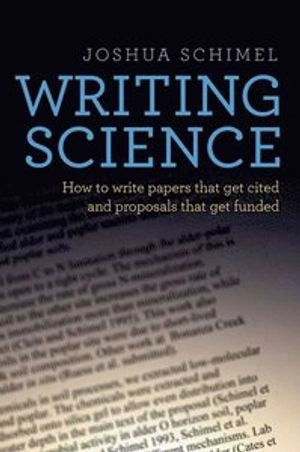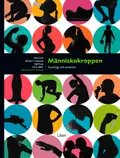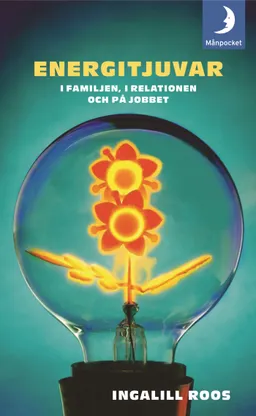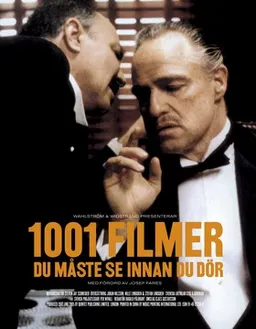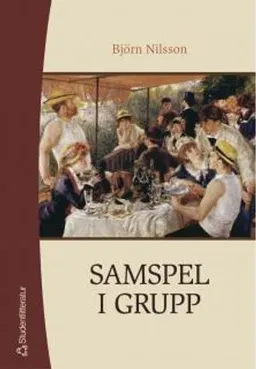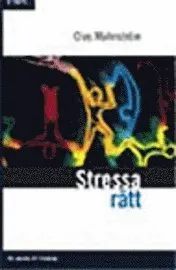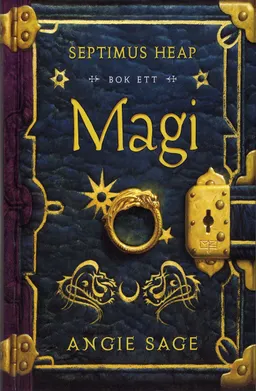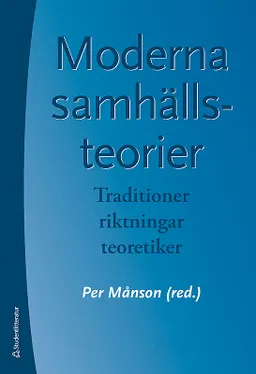As a scientist, you are a professional writer: your career is built on successful proposals and papers. Success isn't defined by getting papers into print, but by getting them into the reader's consciousness. Writing Science is built upon the idea that successful science writing tells a story. It uses that insight to discuss how to write more effectively. Integrating lessons from other genres of writing with those from the author's years of experience as author, reviewer, and editor, the book shows scientists and students how to present their research in a way that is clear and that will maximize reader comprehension. The book takes an integrated approach, using the principles of story structure to discuss every aspect of successful science writing, from the overall structure of a paper or proposal to individual sections, paragraphs, sentences, and words. It begins by building core arguments, analyzing why some stories are engaging and memorable while others are quickly forgotten, and proceeds to the elements of story structure, showing how the structures scientists and researchers use in papers and proposals fit into classical models. The book targets the internal structure of a paper, explaining how to write clear and professional sections, paragraphs, and sentences in a way that is clear and compelling. The ideas within a paper should flow seamlessly, drawing readers along. The final section of the book deals with special challenges, such as how to discuss research limitations and how to write for the public. Writing Science is a much-needed guide to succeeding in modern science. Its insights and strategies will equip science students, scientists, and professionals across a wide range of scientific and technical fields with the tools needed to communicate effectively.
Åtkomstkoder och digitalt tilläggsmaterial garanteras inte med begagnade böcker
